Britain & Ireland
The Tudors continue to fascinate and some of their story is told here along with the other dynasty of the period the Stuarts. Alongside those resources are the podcasts on the ideas that transformed British society during that period and created a United Kingdom for the first time. The industrial revolution is explored through poetry as well as technology. Religious collapse, change and diversity are all themes explored in this section. Read more
Sort by:
Date (Newest first) | Title A-Z
Show:
All |
Articles |
Podcasts |
Multipage Articles
-

Havelock Hall: the East India Company college gymnasium at Addiscombe
ArticleClick to view -
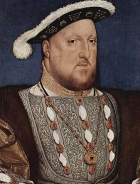
Henry VIII
ArticleClick to view -
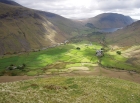
Hidden histories: landscape spotting – a brief guide
ArticleClick to view -

History Abridged: Migration – the Potato
ArticleClick to view -
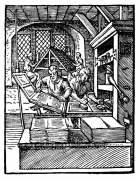
History Abridged: Publishing
ArticleClick to view -

History Abridged: The census
ArticleClick to view -
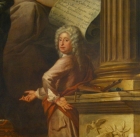
History Painting in England: Benjamin West, Philip James de Loutherbourg, J.M.W. Turner
ArticleClick to view -

Immigration and the making of British food
ArticleClick to view -

In conversation with Nicholas Radburn
ArticleClick to view -

Interpreting an early seventeenth-century cottage at the Weald & Downland Open Air Museum
ArticleClick to view -
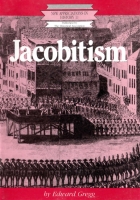
Jacobitism
ArticleClick to view -

Joan Vaux: a remarkable Tudor lady
ArticleClick to view -
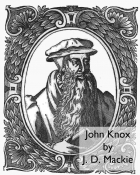
John Knox
ArticleClick to view -

John Knox and womankind: a reappraisal
ArticleClick to view -
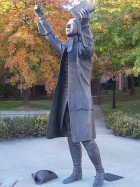
John Wesley at 300
ArticleClick to view -
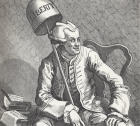
John Wilkes 1725-1797: A Man of Principle
ArticleClick to view -

Joseph Banks and his travelling plants, 1787-1810
ArticleClick to view -

Joseph Priestley's American Dream
ArticleClick to view -
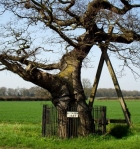
Kett's Rebellion 1549
ArticleClick to view -
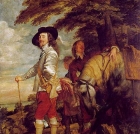
King Charles I
ArticleClick to view

